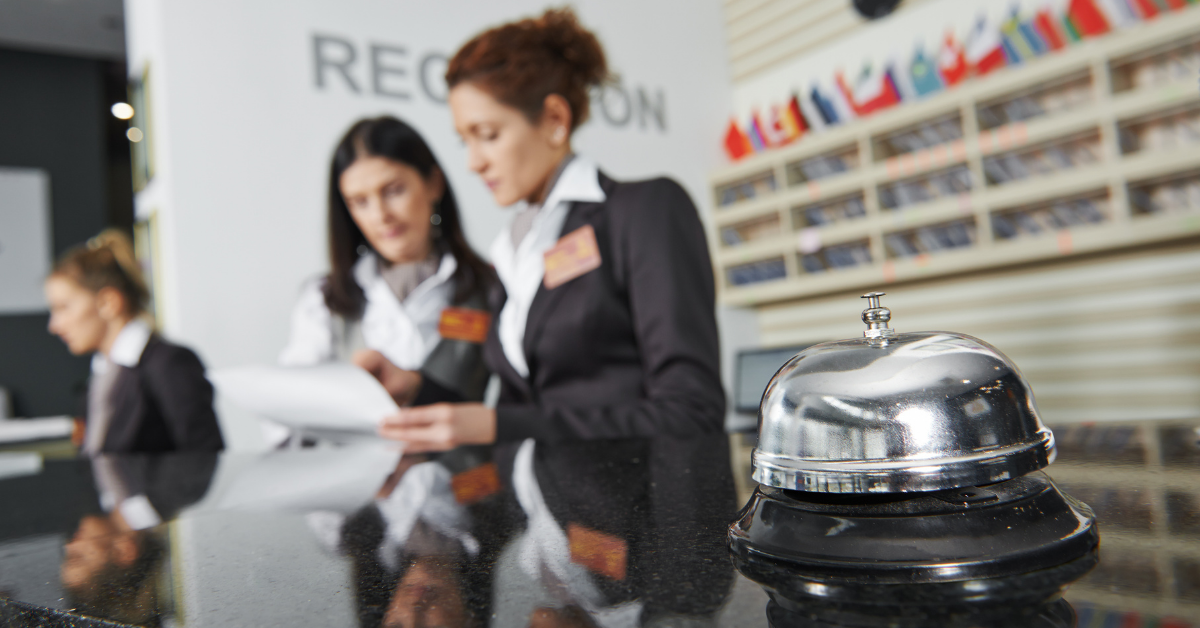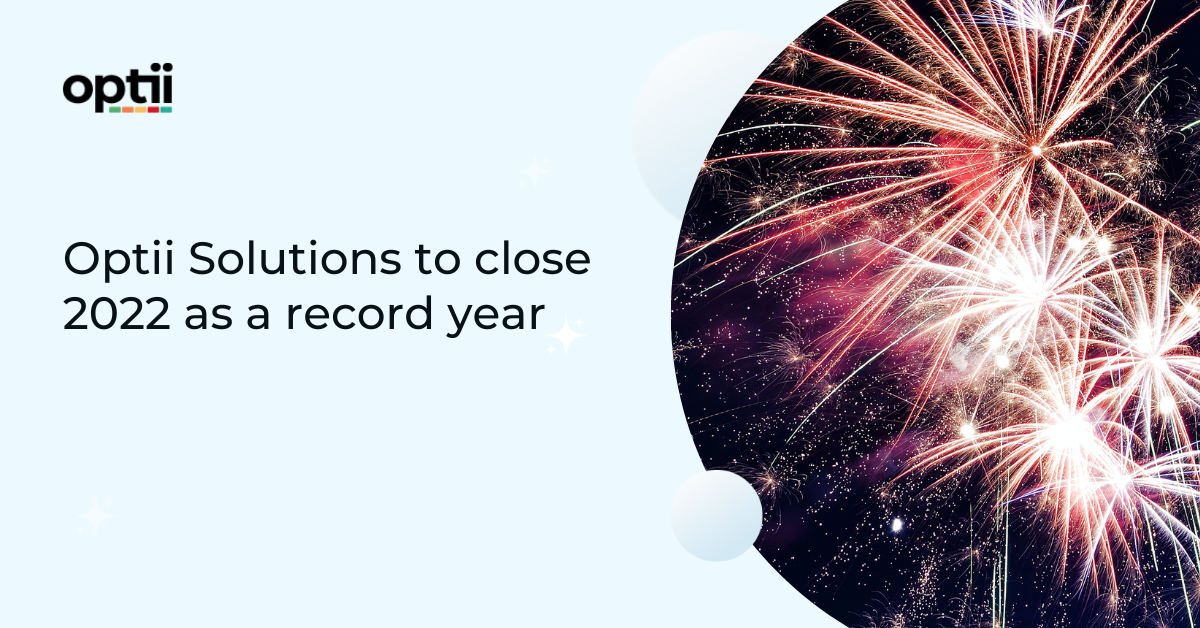2021 has been a great year for Optii and we are proud of the level of growth that we have achieved. We are now cleaning over 10 million rooms globally, due to growth driven by hoteliers seeking to increase housekeeping productivity while facing labor shortages and committing to Covid-19 protocols. This success has led us to be acquired by MCR, the 4th-largest hotel owner-operator in the United States.
In 2021, we have expanded our hotel portfolio by 40%, including the onboarding of prestigious hotels such as Nemacolin (our first Springer-Miller hotel), Ülemiste (our first Mews hotel and our first hotel in Eastern Europe) and Le Meridien Vienna. We also rolled out Optii at all Doma properties in Australia and became the exclusive provider for all new Event builds.
Optii now has two-way integrations with 90% of hotels worldwide, including Opera, Agilysys, Maestro, Springer-Miller, RMS, StayNTouch, Mews and more.
Since the start of the pandemic, hoteliers have been forced to constantly adapt to many new demands. We have added numerous new features to prepare our clients for a post-Covid world and this continues to be a key focal point for us.
Over the past year, there have been major shifts in how hotels must operate to adapt to evolving traveler expectations and we expect these changes to stay in place for the near future. Here is what we can anticipate for hotels in 2022:
1. Operations technology becoming more simplified
Hospitality has shed a lot of talent as a result of the pandemic. Employee turnover has vastly increased, and this has led to a knowledge drain due to tenured employees leaving and being replaced by new talent, with less experience in the hospitality industry. This will change the way hotels operate since technology must be increasingly user-friendly and easy for all employees to use, including newcomers to the industry who require training and onboarding. On top of this, existing teams are short-staffed and time-constrained, meaning they need systems that help them to learn their job faster and ultimately, do their job better. The answer is simple to use, full-suite technology. We expect that as hotels adapt, the uptake of such systems will increase and will become the standard for hotel operations.
2. The return of stayover cleans as standard
During the height of the pandemic, many hotels made stayover cleans optional due to concerns about the spread of the virus and guest caution around this. However, we now know much more about Covid-19 and how it spreads. On the whole, our hotel customers tell us that guests are now happier to have stayover cleans as long as they aren’t in the room when this happens. The expectation that stayover cleans will again become the norm is likely to pose a challenge for many hoteliers who have been relying on reduced room cleans to help out with staff shortages and budget constraints.
3. The rise of the ‘bleisure’ traveler
In 2022, we expect that the lines between business and leisure travel will continue to blend, and hotels will need to adapt to cater to the ‘bleisure’ traveler even more. We are seeing a trend of business travelers extending their business trips by a few days to enjoy some leisure time. This impacts hotel operations since it becomes harder to categorize guests and make presumptions about, for example, how long it will take to clean each room given that as a rule of thumb business travelers tend to spend minimal time in the room and require a lighter clean than leisure guests do. So, if a business traveler turns into a leisure traveler at the weekend or for a couple of nights of their stay and perhaps the family comes to join, this can significantly adjust the cleaning approach needed.
In order to adapt to this and keep costs in check, housekeeping systems will need to become more agile. If hotels aren’t operationally nimble, they will have difficulty adapting to this and will likely see a rise in costs. Taking a nimble approach to encourage the ‘bleisure’ traveler has its benefits though we are seeing hotels adapting so much that they are achieving occupancy rates nearing 100%, by using real-time technology to turn rooms faster.
4. More reliance on outsourcing
Due to market volatility, hoteliers have had to be more resourceful and incorporate more flexibility into the way they work. In today’s environment, hoteliers are facing unpredictable occupancy numbers. There can be months with very low occupancy levels and then sudden surges in numbers which can make it very hard for hoteliers to have the right workforce in place at short notice. As such, we expect to see an increase in hotels relying on the use of outsourcing across operations, IT and staffing, since it provides hotels with the flexible operation they need to adapt to these extraordinary times.
5. More decisions being made at a group level
In the current environment, hotels with more than one property in their portfolio can sometimes be too short-staffed to make decisions at a property. As a result of this, we expect that more decisions will need to be made at a centralized and group level. Corporates will need to continue to re-evaluate how hotels run and create standardized processes and systems that individual hotels can rely on.
2022 has the potential to be a great year for the hotel industry as travel picks up and we continue to recover from the pandemic. What will separate the most successful hotels from the rest will be their ability to work with a trusted expert and get the right technology in place to adapt to the new normal and the needs of travelers.
2022 hotel operations trends and predictions
Jul 24, 2024

Get started with Optii today
Optimize Your
Hotel Operations
with Predictive
Technology
Heading 1
with a request body that specifies how to map the columns of your import file to the associated CRM properties in HubSpot.... In the request JSON, define the import file details, including mapping the spreadsheet's columns to HubSpot data. Your request JSON should include the following fields:... entry for each column.





